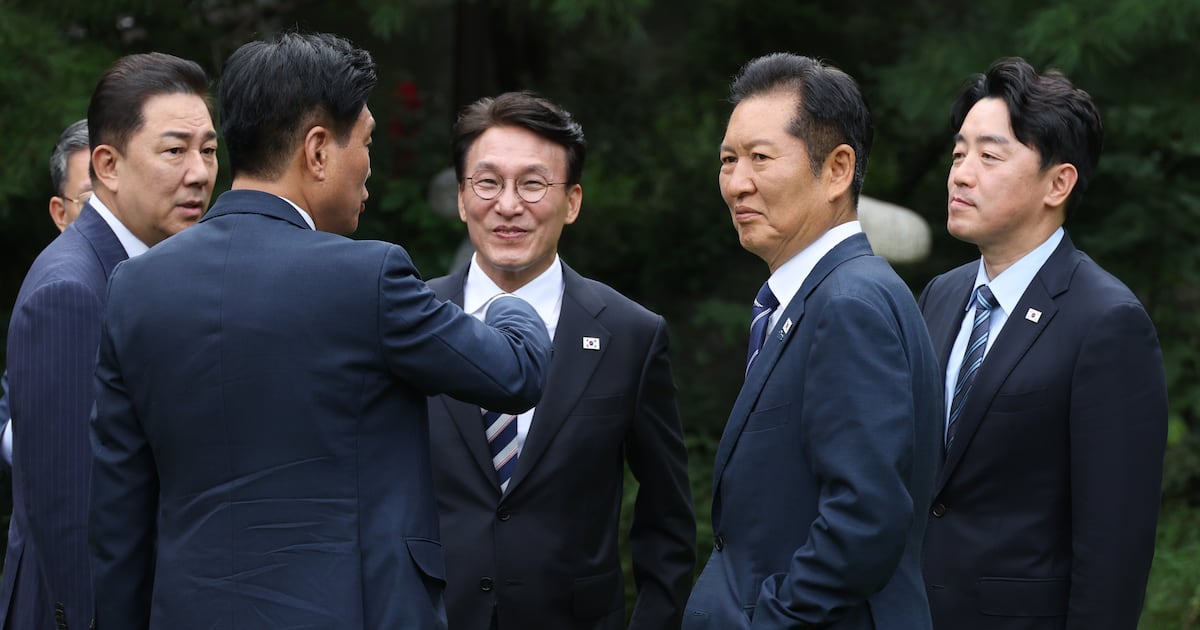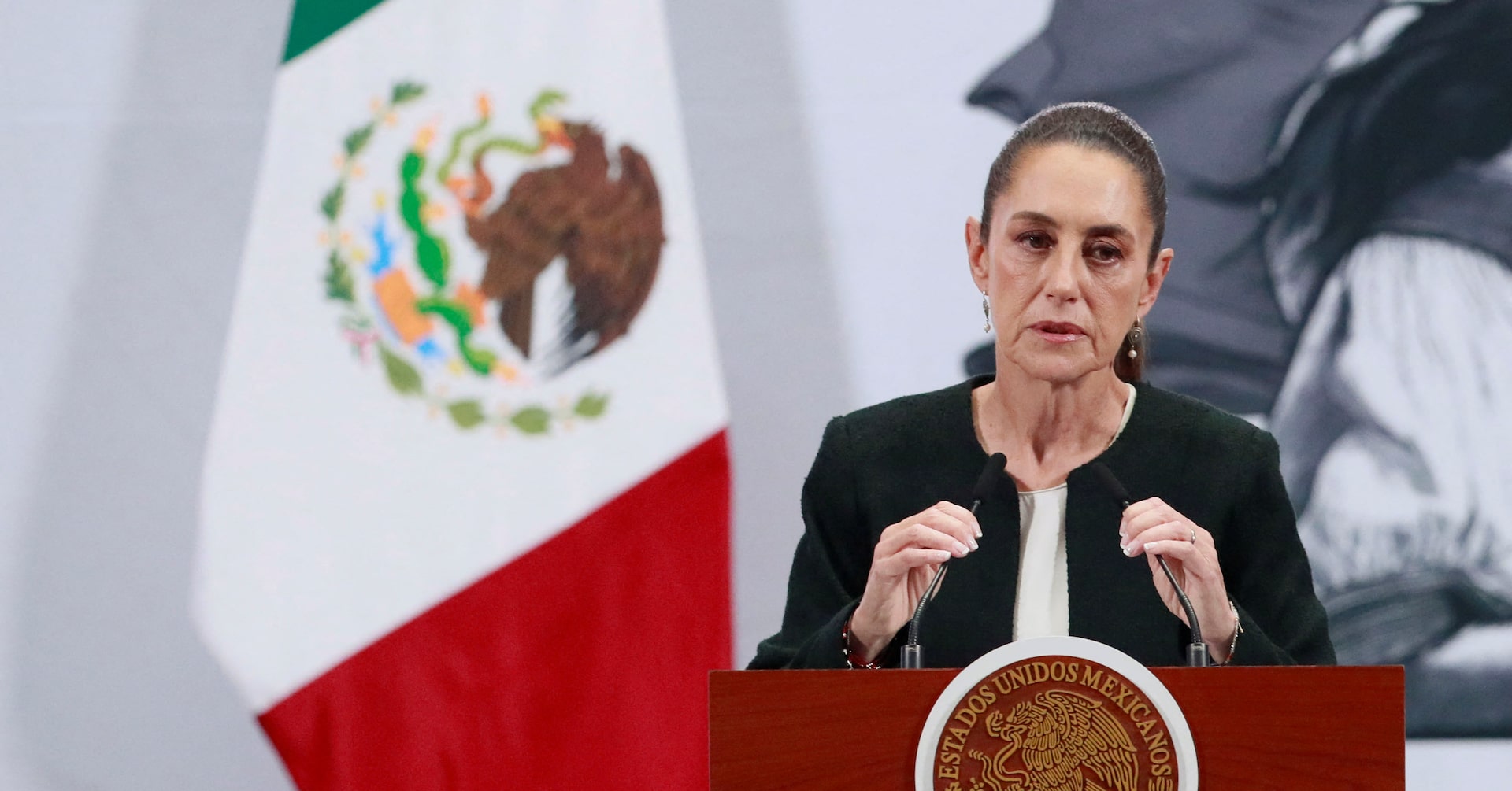Sweeping Reforms: Government Dismantles Prosecutors' Office and Reshapes Economic Landscape

In a sweeping governmental restructuring, the administration has announced a series of significant administrative reforms that will reshape key government departments and investigative agencies. The most notable changes include the dissolution of the Prosecutors Office, a comprehensive reorganization of the Ministry of Economy and Finance, and the establishment of a new Serious Crime Investigation Agency.
The government's bold administrative overhaul signals a strategic approach to modernizing public sector governance and enhancing institutional effectiveness. By dismantling the existing Prosecutors Office, officials aim to streamline legal and investigative processes, while the Ministry of Economy and Finance will be split into more specialized units to improve economic management and financial oversight.
Another critical transformation involves the Ministry of Environment, which will be reimagined as the Ministry of Climate and Energy. This rebranding reflects the government's commitment to addressing environmental challenges and accelerating the transition to sustainable energy solutions.
The creation of the new Serious Crime Investigation Agency represents a significant step towards enhancing law enforcement capabilities and ensuring more robust and focused investigations of complex criminal activities. These structural changes demonstrate the administration's proactive stance on institutional reform and governance optimization.








